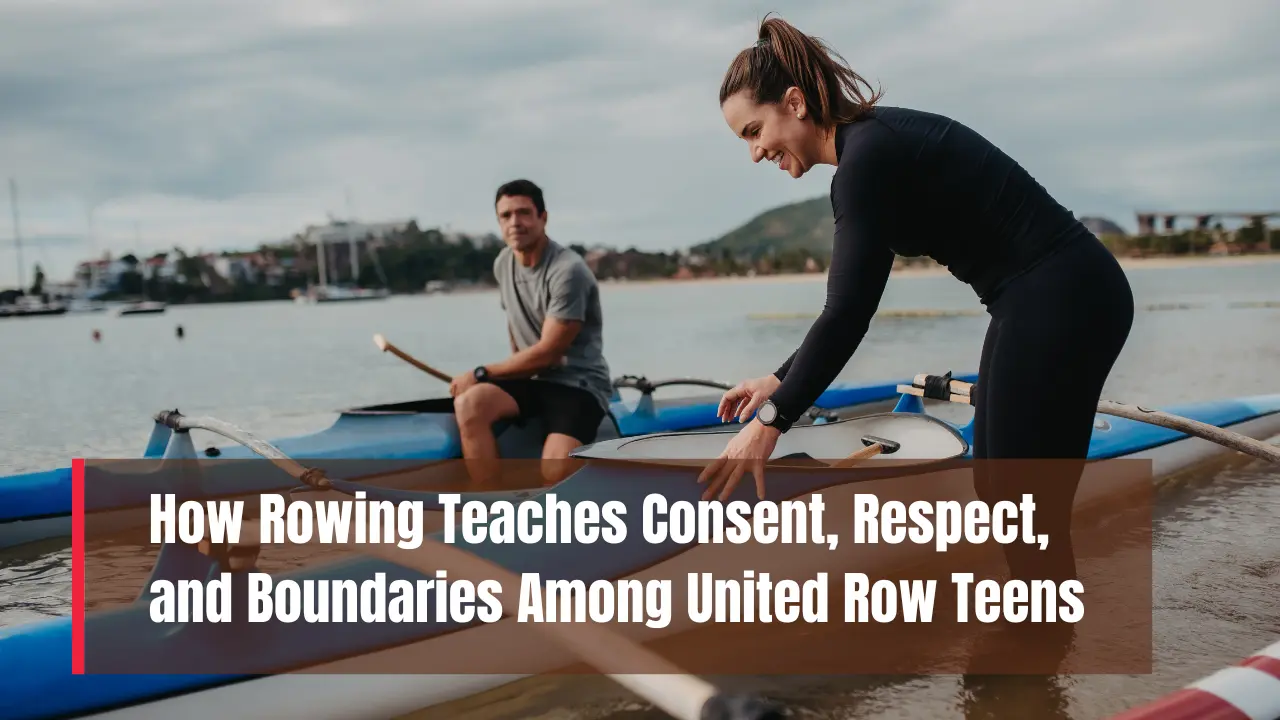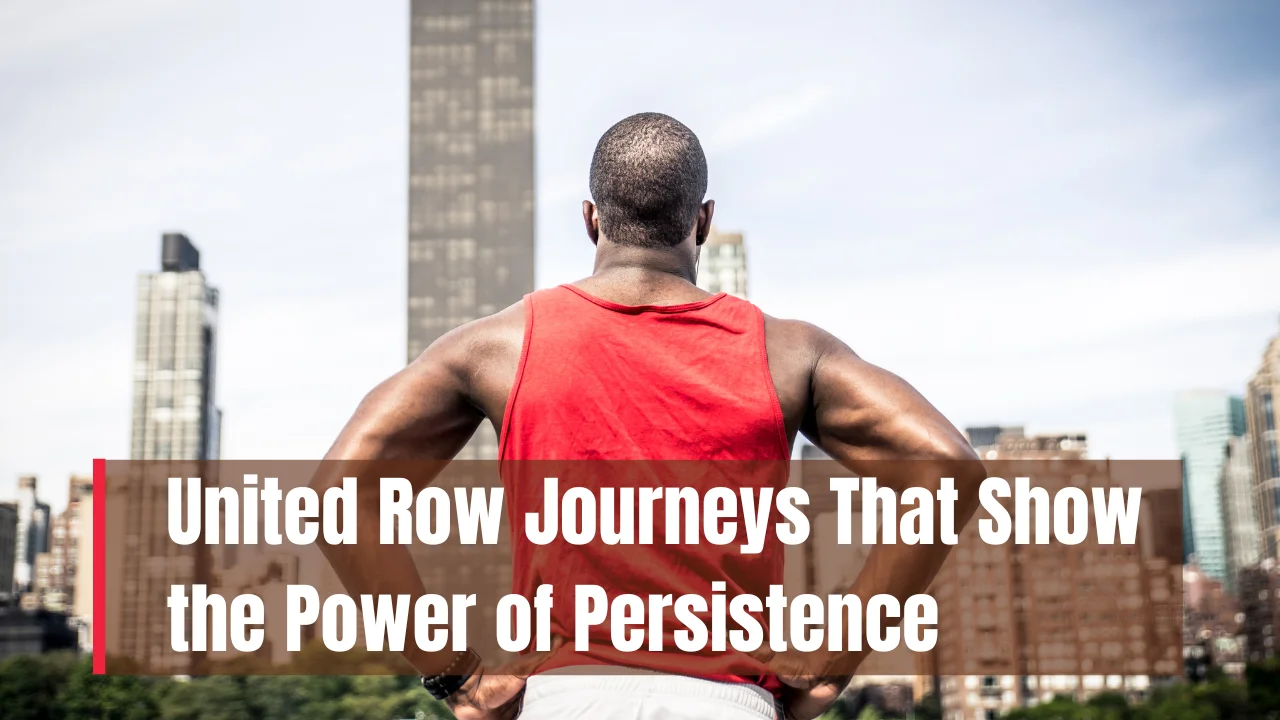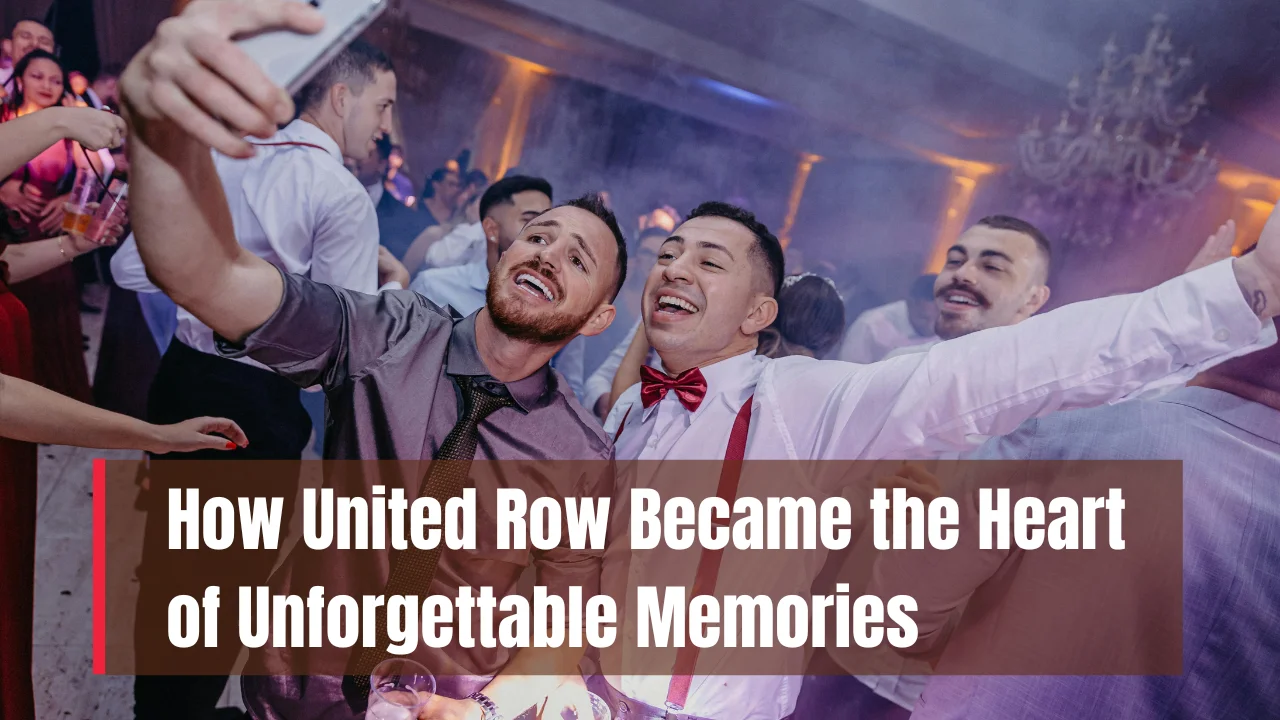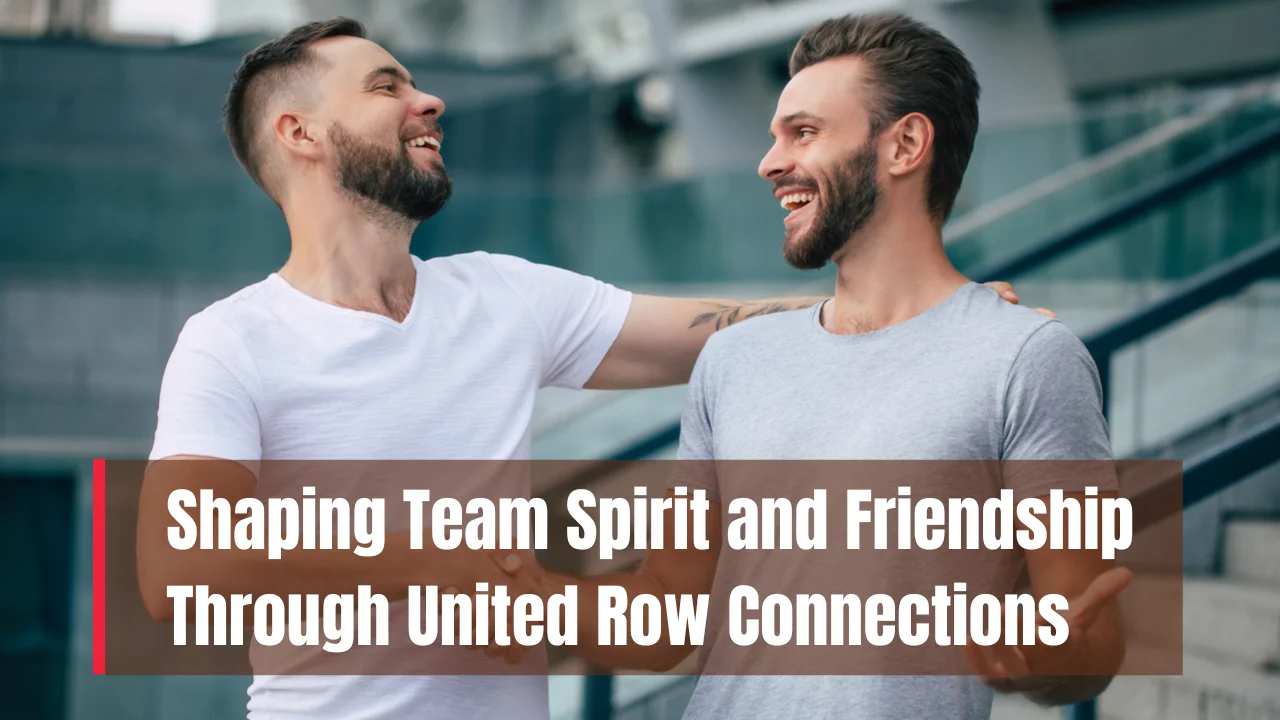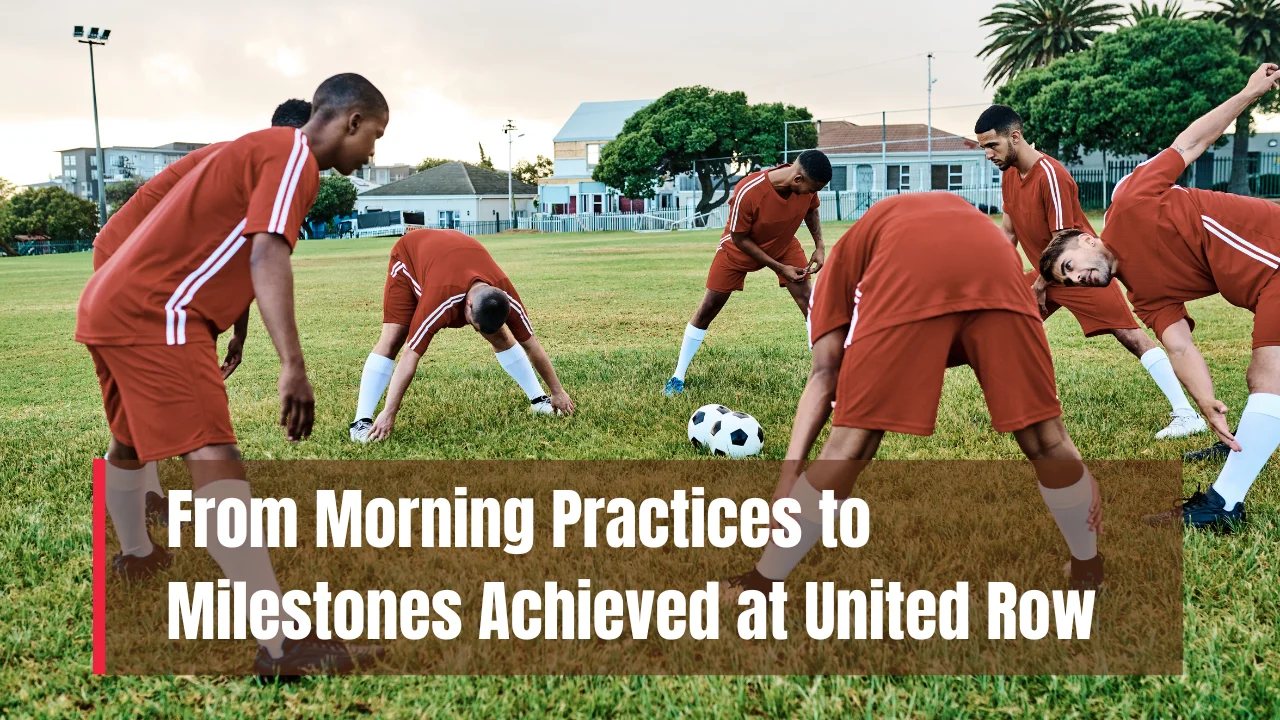Rowing Teaches Consent: Rowing teaches consent in a way that few other sports can match. It brings teens together in a physically demanding and mentally engaging environment where trust, timing, and communication are everything. At United Row, young athletes learn not only how to move in unison on the water, but how to support and respect one another off it.
This article explores how rowing, especially in programs like United Row, goes beyond fitness and competition. It becomes a tool for developing emotional intelligence, reinforcing consent culture, and promoting respect for personal space and boundaries. Through the lens of rowing, we’ll look at how structured teamwork, coach guidance, and shared challenges create a foundation for responsible social behavior among teens.
How Rowing Teaches Consent, Respect, and Boundaries
Rowing teaches consent by placing teens in high-trust environments where communication and respect are non-negotiable. Every move in a boat is coordinated, requiring verbal and non-verbal cues, mutual awareness, and a shared sense of responsibility. In such a setting, teens quickly learn that consent isn’t just about agreement—it’s about attentiveness, empathy, and checking in before taking action. United Row coaches emphasize that respect must be given, not assumed, whether in movement, leadership, or emotional expression. This daily practice builds habits that become second nature, preparing teens to handle real-life situations with maturity and care.
Overview Table:
| Key Concept | Description |
| Team Synchronization | Teens must row in perfect sync, learning how to read and respond to each other |
| Communication | Clear signals and mutual understanding are required on and off the water |
| Respect for Roles | Everyone has a part to play, reinforcing respect for different responsibilities |
| Physical Boundaries | The tight space in boats promotes strong awareness of personal space |
| Emotional Awareness | Teens check in with each other, promoting empathy and emotional growth |
| Leadership with Consent | Coxswains lead through trust, not authority |
| Culture of Support | The team environment encourages speaking up and mutual care |
| Long-Term Impact | These habits extend into everyday life, shaping character and relationships |
The Role of Communication in Rowing
In rowing, no one moves alone. Teens are taught to listen first—whether it’s to a coxswain’s commands, a teammate’s request, or the rhythm of the crew. This environment doesn’t allow for assumptions or aggressive dominance. Teens learn to ask: “Are you ready?” before pulling harder. They understand that communication is mutual, not one-sided.
This constant verbal and non-verbal interaction builds a foundation of consent culture. Mistakes like speaking over someone or making abrupt moves affect the entire boat, so rowers learn the value of patience, timing, and checking in. This directly mirrors healthy social behaviors where consent is respected and valued.
Respect for Personal Space and Boundaries
Rowing takes place in tight spaces, often shoulder to shoulder. For teens, this proximity creates an urgent need to recognize physical boundaries. United Row emphasizes that helping a teammate with equipment or giving feedback must always come with a verbal cue. Nothing is assumed, and nothing is taken for granted.
Teens are taught that consent applies even in physical training: helping stretch, adjusting positions, or sharing space. This ongoing respect for personal space fosters mutual consideration and builds trust. These lessons naturally carry over into daily life, helping teens become more sensitive to others’ comfort levels.
Leadership and Consent through the Coxswain Role
The coxswain’s role isn’t about control—it’s about coordination. A great coxswain earns the crew’s trust, never forces it. This leadership model shows teens that consent-based leadership is more effective than authority-driven demands. They learn to lead by asking, not telling, and by including, not isolating.
Teens who serve as coxswains often report increased self-awareness and a stronger ability to sense team energy. They learn to adjust their tone, rephrase commands, and invite feedback. These habits reflect core principles of respectful leadership and open the door for ongoing dialogue within the team.
Rowing as a Safe Environment to Learn Social Skills
United Row isn’t just about speed—it’s about safety. Coaches foster an environment where teens feel comfortable speaking up. Whether they’re feeling unwell, unsure, or overwhelmed, there’s room for conversation. These safe spaces build confidence in expressing discomfort, setting boundaries, and respecting others who do the same.
In team meetings, athletes are encouraged to reflect on how their actions affect others, further building empathy. This environment nurtures emotional intelligence and teaches teens that communication is more than giving instructions—it’s about listening, understanding, and adapting.
Key Lessons Rowing Instills in Teens:
- Understanding Boundaries: Physical closeness requires verbal cues and clear respect for space.
- Building Trust Through Action: Trust grows when rowers check in, communicate clearly, and respect limits.
- Practicing Emotional Awareness: Teens become more in tune with how their words and actions affect others.
- Respecting All Roles: From the strongest rower to the quietest teammate, everyone has value.
- Learning Consent in Real Time: Every training session becomes a practice in mutual permission and understanding.
Team Culture That Promotes Respect
At United Row, culture is king. Every practice is an opportunity to model respect. Coaches address every athlete by name, invite questions, and set clear expectations rooted in mutual respect. There’s no tolerance for disrespect—whether verbal, emotional, or physical.
Teens absorb these values by example. They see that strong teams rely on mutual care, and that everyone’s voice matters. This kind of culture doesn’t just build good athletes—it builds respectful humans who know how to collaborate with awareness and care.
Real-Life Impact Outside the Boat
The values learned in the boat stick with rowers. Teens report feeling more confident in personal relationships, more respectful in group projects, and better able to express boundaries at school or work. Rowing becomes more than sport—it becomes a foundation for self-awareness, consent, and cooperation.
Parents and educators often notice the change too. Teens who row with United Row tend to be more disciplined, emotionally intelligent, and respectful of others’ comfort. These skills are rarely taught in traditional classrooms, yet they’re crucial for lifelong success.
Final Thought
Rowing teaches consent not through lectures, but through lived experience. Every time a teen asks for a signal, respects space in the boat, or waits for a teammate’s readiness, they are practicing values that shape who they are becoming. United Row isn’t just growing athletes—it’s growing thoughtful, respectful young people ready to lead and support others with integrity.
If this inspires you, consider introducing your teen to a sport that builds character from the inside out. And if you’ve ever rowed or coached, we’d love to hear how rowing shaped your view on consent, respect, and boundaries. Drop a comment or explore our youth development articles to keep learning.
FAQs
How does rowing help teenagers understand consent?
Rowing puts teens in settings where mutual agreement and constant check-ins are necessary, naturally teaching consent through action.
Is respect taught in every rowing program?
While not all programs focus equally, United Row prioritizes respect as a core part of training and communication.
What role does emotional intelligence play in rowing?
Teens develop emotional intelligence by recognizing teammates’ emotions, responding with care, and reflecting on group dynamics.
Can these values apply outside the sport?
Yes, many teens apply these lessons in school, relationships, and future leadership roles.
Is rowing a safe space for teens to express themselves?
Absolutely. Programs like United Row are designed to be inclusive, supportive, and open to honest communication.
